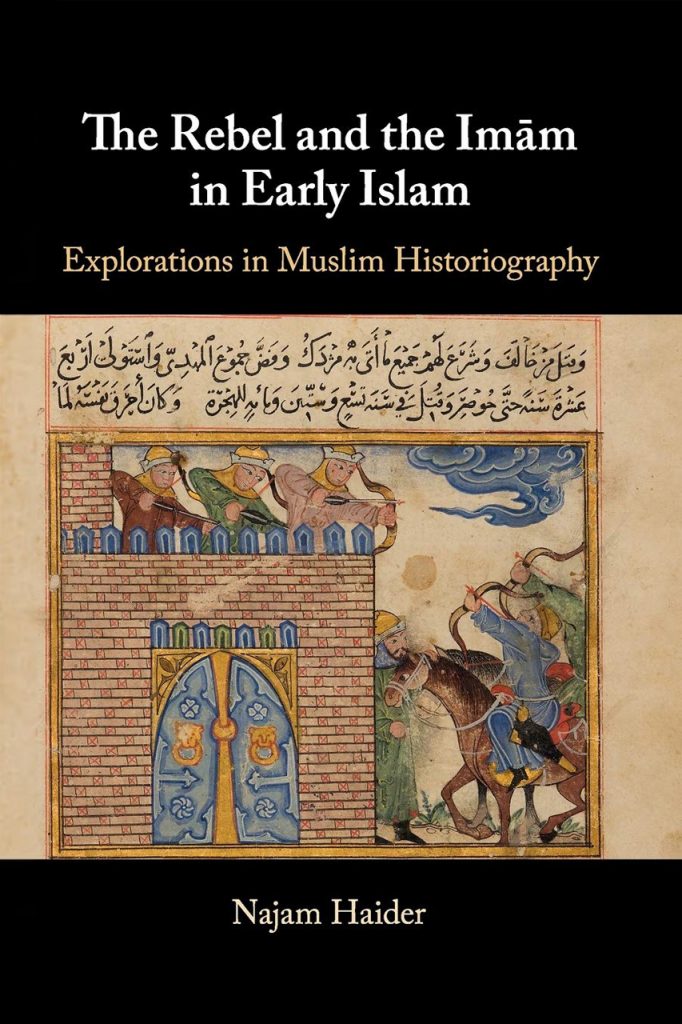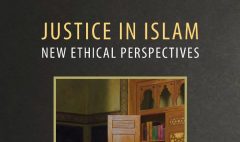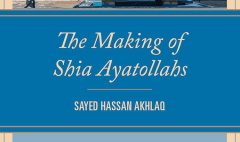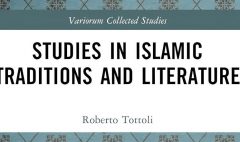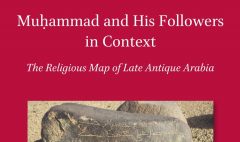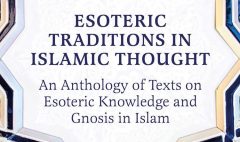The Rebel and the Imam in Early Islam: Explorations in Muslim Historiography
October 17, 2019 2023-10-08 8:35The Rebel and the Imam in Early Islam: Explorations in Muslim Historiography
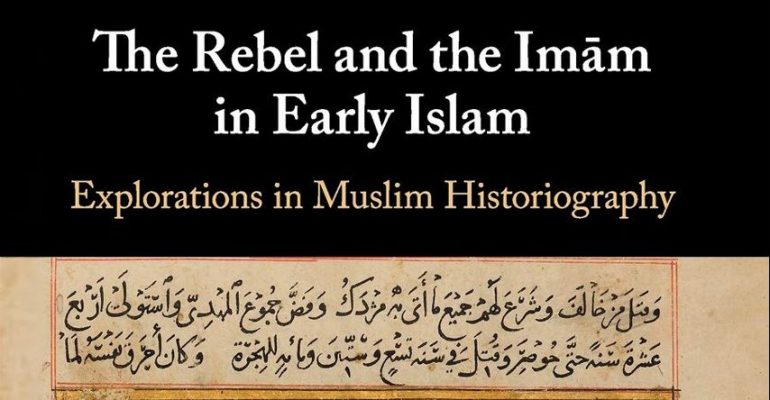
The Rebel and the Imam in Early Islam: Explorations in Muslim Historiography
By Najam Haider
Publisher: Cambridge University Press (October 31, 2019)
Engaging with contemporary debates about the sources that shape our understanding of the early Muslim world, Najam Haider proposes a new model for Muslim historical writing that draws on Late Antique historiography to challenge the imposition of modern notions of history on a pre-modern society. Haider discusses three key case studies – the revolt of Mukhtar b. Abi ‘Ubayd (d. 67/687), the life of the Twelver Shi’i Imam Musa al-Kazim (d. 183/799) and the rebellion and subsequent death of the Zaydi Shi’i Imam Yahya b. ‘Abd Allah (d. 187/803) – in calling for a new line of inquiry which focuses on larger historiographical questions. What were the rules that governed historical writing in the early Muslim world? What were the intended audiences for these works? In the process, he rejects artificial divisions between Sunni and Shi’i historical writing.
Najam Haider is a Professor in the Department of Religion at Barnard College, New York. He is the author of The Origins of the Shi’a (Cambridge, 2011) focusing on the role of ritual and sacred space in the formation of Shi’i identity and Shi’i Islam (Cambridge, 2014) which examines three branches of Shi’i Islam – Zaydi, Twelver, and Ismaili, through a framework of memory.
On October 16, 2019 the Aga Khan University Institute for the Study of Muslim Civilisations held a book launch event for The Rebel and the Imam in Early Islam, written by Najam Haider.
Discussants were:
– Sarah Savant is a Professor at Aga Khan University Institute for the Study of Muslim Civilizations (AKU-ISMC), and Principal Investigator of KITAB. Professor Bowen Savant is a cultural historian specializing in the Middle East and Iran ca. 600-1500.
– Karen Bauer (PhD, Princeton) is a Senior Research Associate in the Qur’anic Studies Unit of the Institute of Ismaili Studies (IIS), London. She specializes in Islamic social and intellectual history. Her specific interests include the Qur’an and Qur’anic exegesis, the history of emotions in early Islam, and gender in Islamic history and thought.
– Hugh Kennedy is a Professor of Arabic at SOAS and formerly Professor of Middle Eastern History at the University of St Andrews. He studied at the Middle East Centre for Arab Studies in Beirut, and read Arabic and Persian at Cambridge. He specializes in the history of the early Islamic Middle East, Muslim Spain and the Crusades.
Source: Agha Khan University (AKU)


